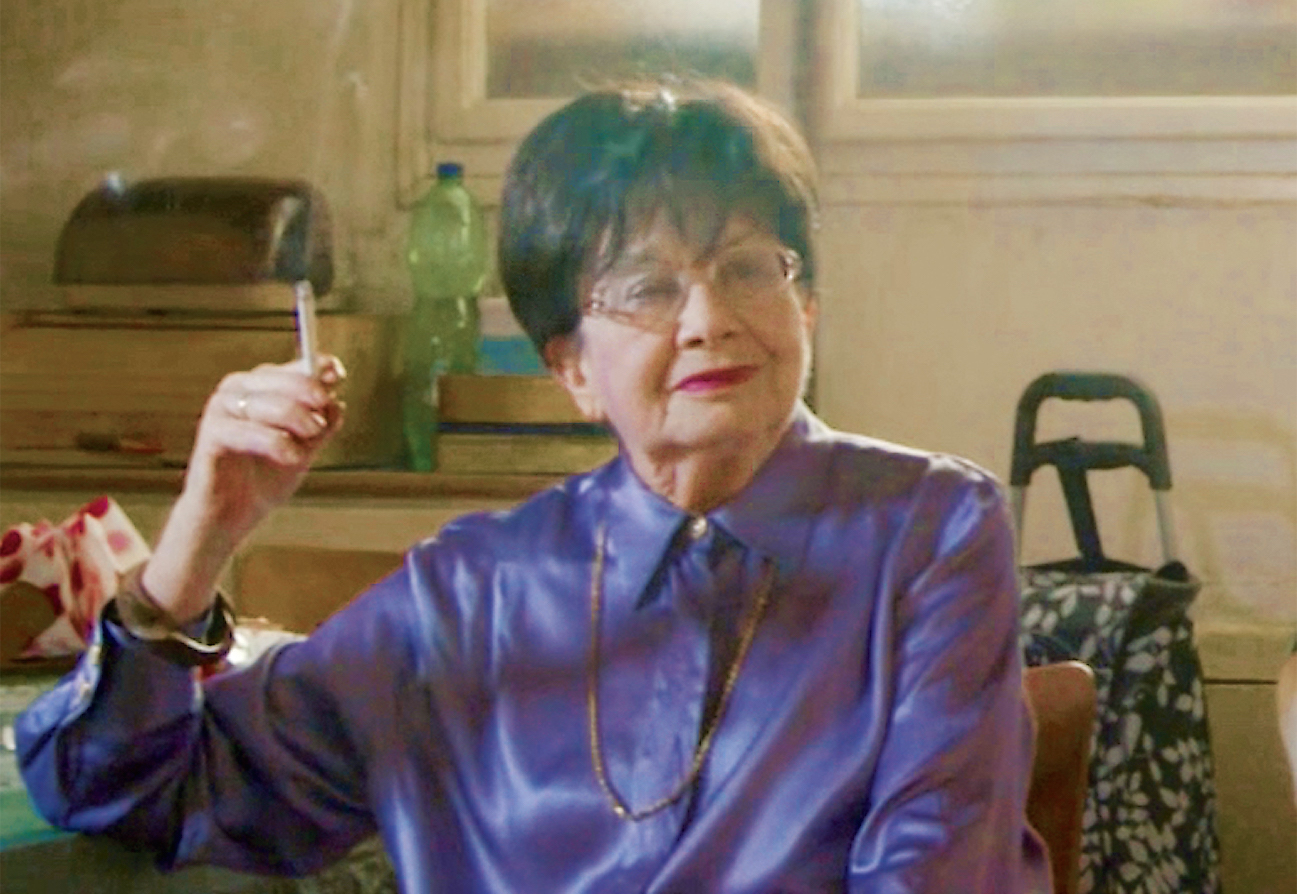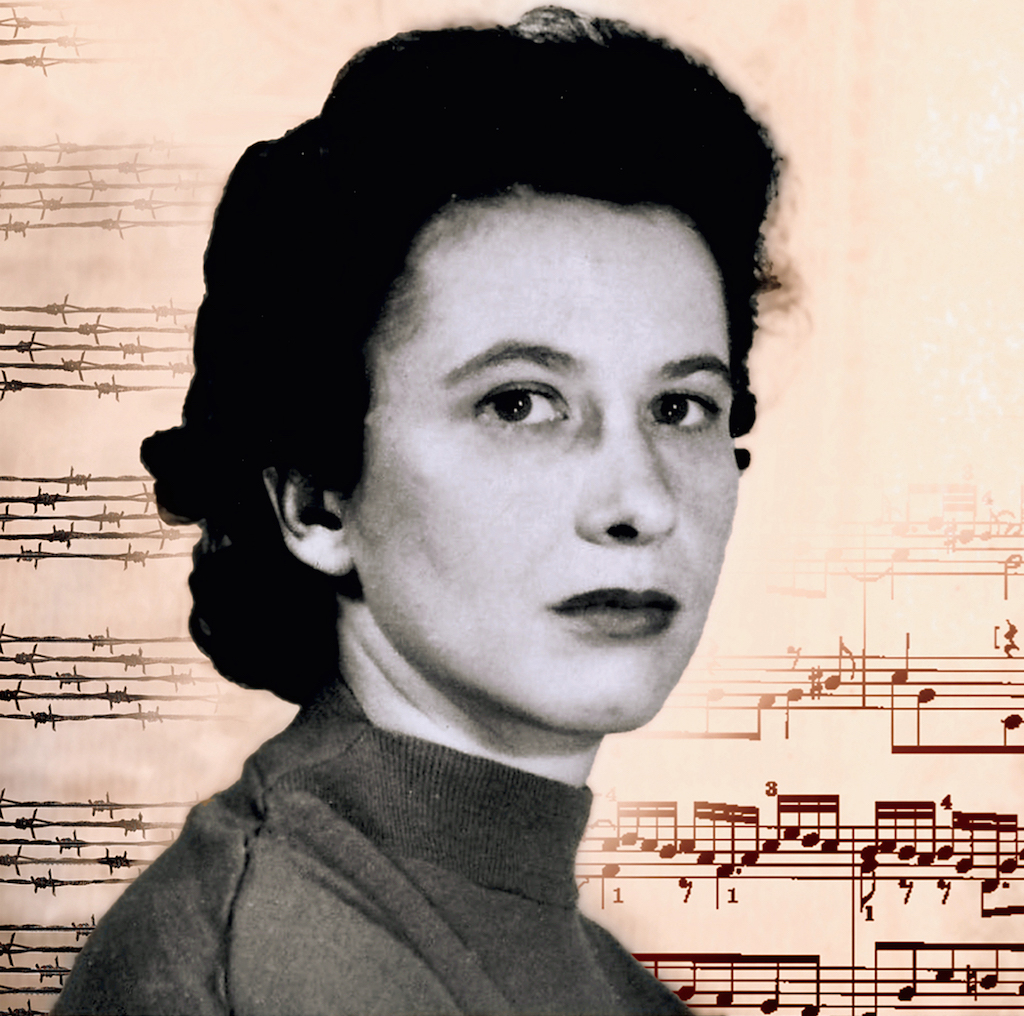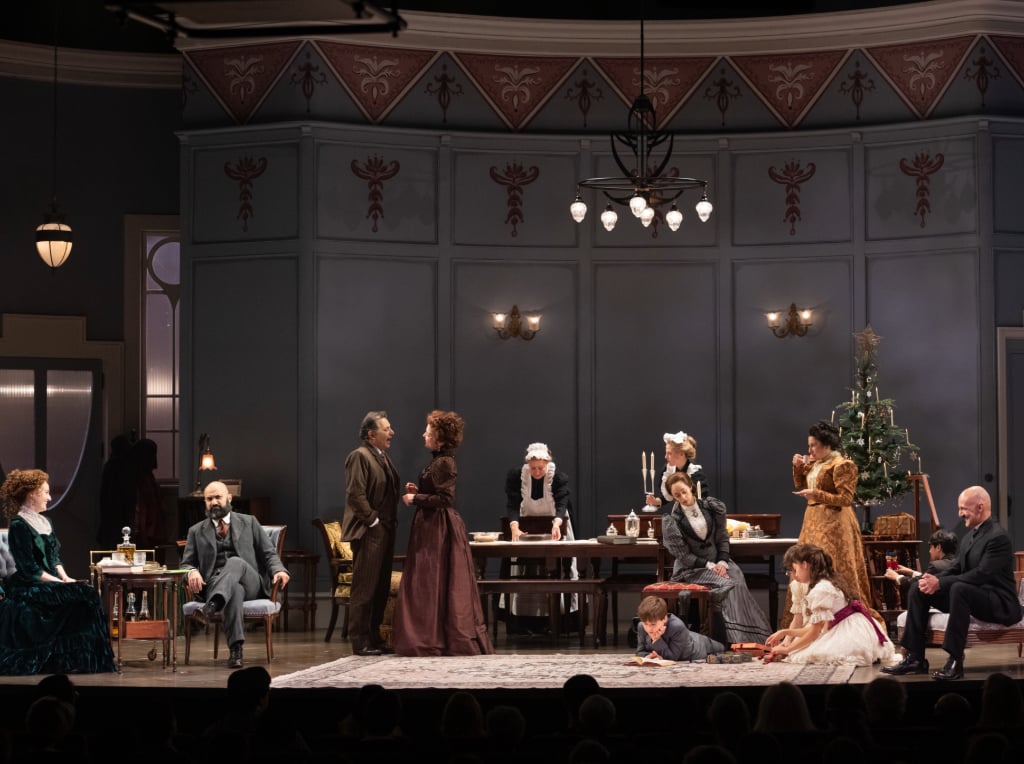Frank and Emily Vogl didn’t set out to make a Holocaust movie. Frank—a former journalist who cofounded the non-profit organization Transparency International—approached Bethesda film-makers Peter Getzels and Harriet Gordon Getzels in 2013 to collaborate on a documentary about corruption. But the conversations stalled.
“I said, ‘Look, a completely different project, but there’s an incredible human-rights story and it’s about music and it’s different—let me tell you about it,’ ” Frank recalls. That conversation turned out to be their first about the new documentary Zuzana: Music Is Life, which had its local premiere at the Washington Jewish Film Festival in late May.
The Vogls had talked privately for years about Zuzana Růžičková, a renowned Czech harpsichordist and Holocaust survivor who also happened to be Frank’s cousin. Earlier in his career, when Frank was a foreign correspondent in Germany, he got to know Zuzana better as her concert schedule crisscrossed Europe. Another cousin conducted hours of interviews with her in the early ’90s—about her teenage years spent in the concentration camps at Terezin and Auschwitz; about the four decades of Czechoslovak communism that followed; about her mother, who survived the camps with her; about her marriage and her music.
Frank and Emily had read the transcripts from those interviews nearly 15 years earlier, and now they passed them on to Peter and Harriet—known for The Penguin Counters, their award-winning climate-change documentary—who were immediately interested. “Emily and I decided, because of their enthusiasm, that we would do everything to see this happen,” Frank says.

Step one was to bring the filmmakers together with Zuzana and the documentary’s other stars, including Hanna Arie-Gaifman, director of the 92nd Street Y’s Tisch Center for the Arts in New York and another cousin. “A bit of a family affair,” Frank says, laughing.
But raising the money, at least to get started, was just as critical. “We’d never done anything like it,” says Emily, “and asking people for money did not come easy to us.”
Luckily for the Vogls, the transcripts from the old interviews plus some new footage of Zuzana convinced donors. “When we said, ‘Camera roll,’ she’d put on lipstick, put on makeup,” says Emily. “She sat at her kitchen table smoking one cigarette after another and telling her story as if it was the most natural thing in the world. There was no coaching, there was no preparation.”
Edited by Catherine Shields, an Emmy winner for her work on the Kennedy Center Honors broadcast, the resulting film has come to Washington 27 years after Zuzana was able to. Even though she sold thousands of recordings and performed worldwide throughout her career, Zuzana’s refusal to join the Communist Party meant she was forbidden by Czechoslovakia’s Cold War government from playing in the US capital.
A year after the 1989 Velvet Revolution in that country, she finally played the Phillips Collection, on a Sunday in December. And this past January, on her 90th birthday, in her home city of Prague, she finally saw the movie these Washingtonians made about her life.
This article appears in the June 2017 issue of Washingtonian.




















